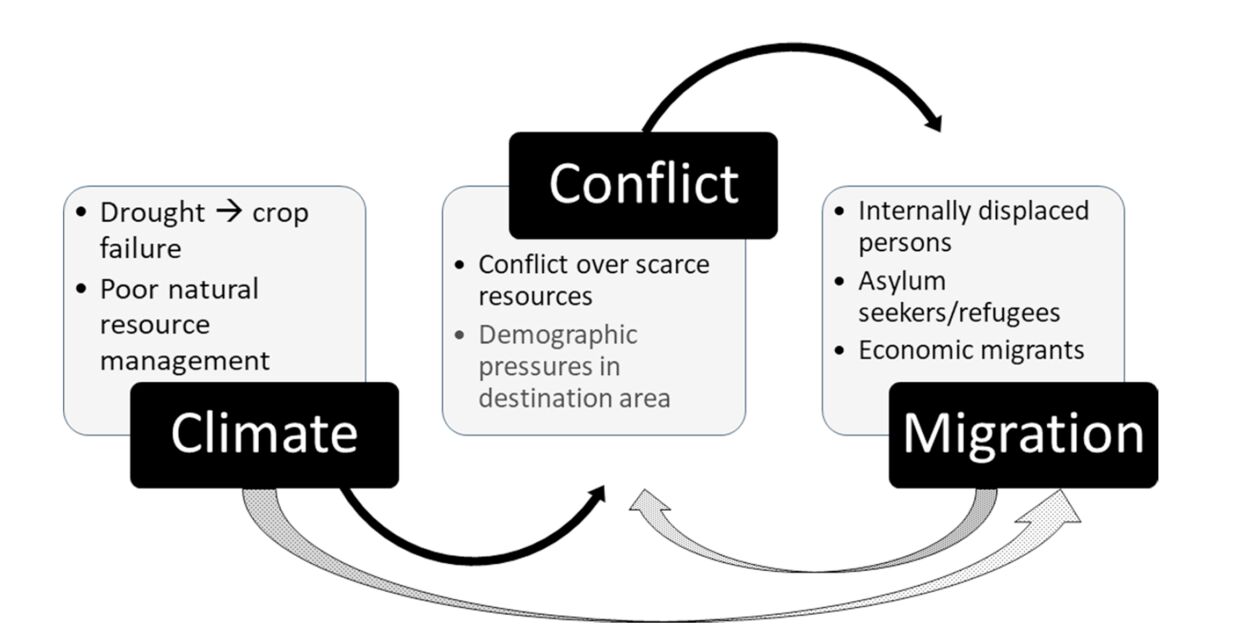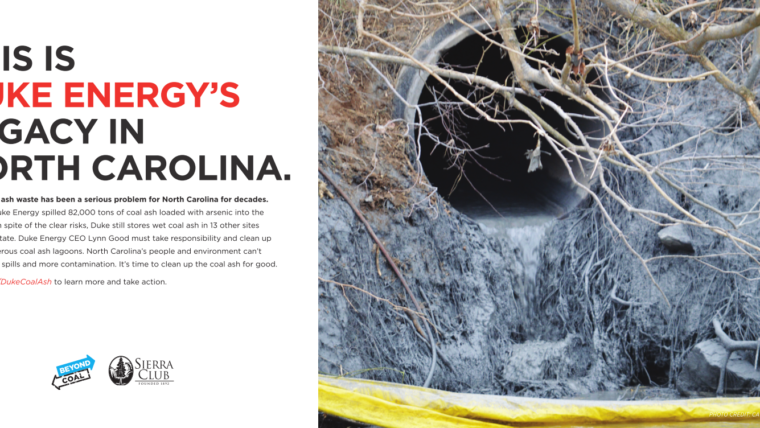In my last post (https://franklytalking.com/co2-emissions-hiccup/) I wrote, “Our own Pentagon has sited climate change as the biggest threat to the planet and peace.” I have mentioned this before over the years. Today, another article came out that reiterates this fact. While this piece does not mention the Pentagon reports that have been published, it does discuss the Pentagon’s fears of the risk Climate Change presents to world peace.
“The most comprehensive study done to assess the link between climate change, war and migration has confirmed that the warming planet is fueling conflicts that lead to more refugees.”
“A Pentagon report published on Tuesday in Washington warned that rising seas and more frequent wild fires threaten U.S. security.”
“The research bolsters previous warnings from defense and intelligenceagencies that climate change could trigger more conflicts severe enough to uproot populations.”
Pentagon Fears Confirmed: Climate Change Leads to More Wars and Refugees
Jonathan Tirone
January 23,2019
-
Study confirms links between drought, war and migration
-
Pentagon and World Economic Forum have expressed concerns

A Pentagon report published on Tuesday in Washington warned that rising seas and more frequent wild fires threaten U.S. security.
The most comprehensive study done to assess the link between climate change, war and migration has confirmed that the warming planet is fueling conflicts that lead to more refugees.
The conclusions published Wednesday in a scientific journal underscore the rising levels of anxiety that global warming has among leaders. Attenees at this year’s World Economic Forum Davos, Switzerland, said the inability to adapt to higher temperatures is the biggest global risk.
Attendees at this year’s World Economic Forum in Davos, Switzerland, said the inability to adapt to higher temperatures is the biggest global risk.
A Pentagon report published on Tuesday in Washington warned that rising seas and more frequent wild fires threaten U.S. security.
The peer-reviewed study, “Climate, conflict and forced migration,” published in Elsevier Ltd.’s Global Environmental Change, analyzed sprawling data sets covering drought, battle deaths, ethnicity and political systems. Those were then combined with geographic information about refugee flows. The researchers discovered that deteriorating climate conditions played a “a statistically significant role” in the recent waves of migrants fleeing Middle East conflict.
Feedback Loops

Source: “Climate, conflict and forced migration” in January 2019 issue of Global Environmental Change
The research bolsters previous warnings from defense and intelligenceagencies that climate change could trigger more conflicts severe enough to uproot populations.
While a changing climate won’t always lead to armed conflict, the regional conditions in the Middle East in 2010 were just right to feed a spiral of violence. Migration resulting from those rifts stretched from Syria to Sudan, according to Raya Muttarak, one of the study’s co-authors from the U.K.’s University of East Anglia.
“It takes a perfect storm,” Muttarak said, pointing out that political conditions play an outsize role. “If it’s too authoritarian or too democratic the results are different.”
The study’s other authors, who work at institutions in Austria and China, provided tangible advice to world leaders looking to stem the flow of refugees fleeing conflict.



